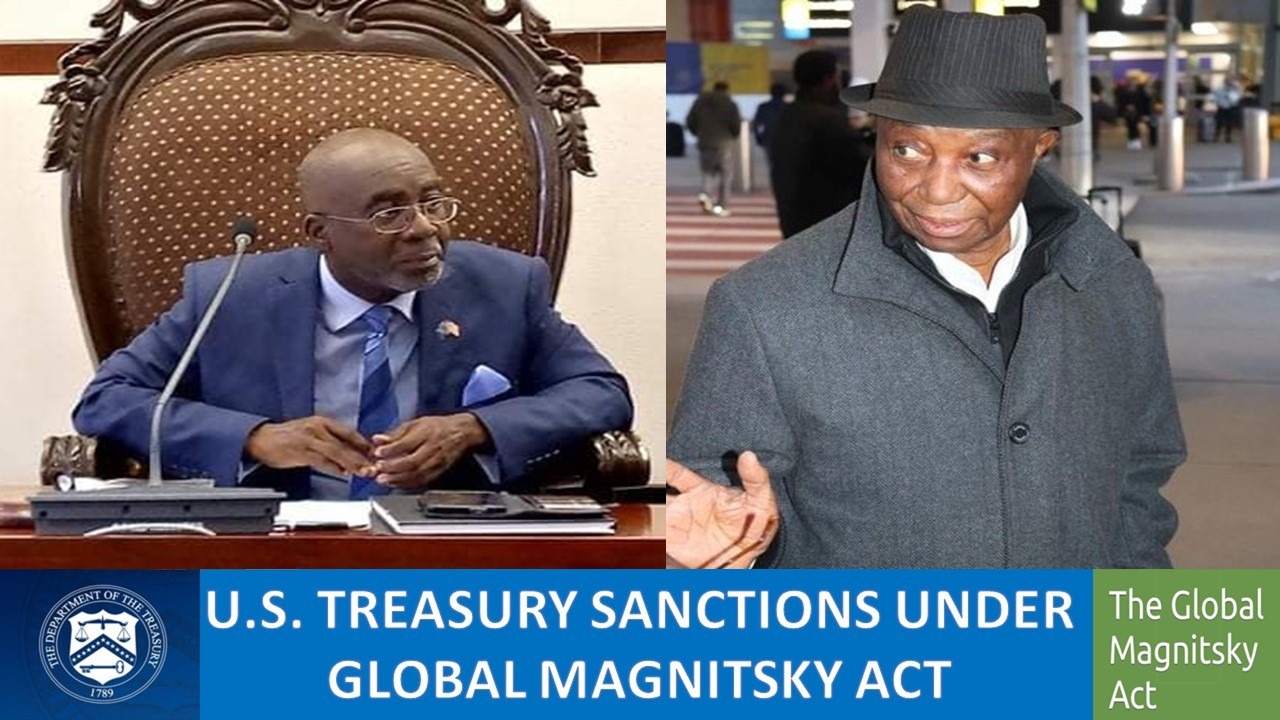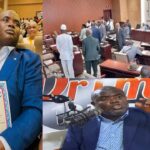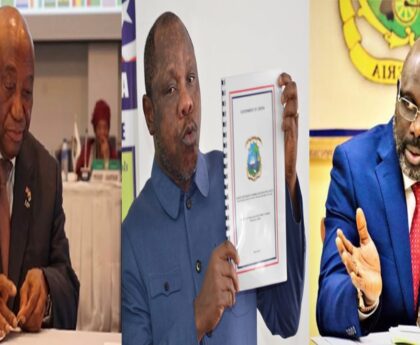In the wake of the GloMag Sanction’s impact on President George Manneh Weah and his inner circle, Deputy Speaker Fonati Johnathan Koffa appears to be reconsidering his bid for Speaker of the House of Representatives. Recent developments suggest a potential pivot towards building a closer relationship with President-elect Amb. Joseph Nyumah Boakai.
Currently situated in the United States of America, Representative Fonati Koffa is speculated to be actively seeking opportunities to engage with President-elect Boakai. This move is seen by many as an effort to gauge the President-elect’s stance on Koffa’s aspirations for the Speakership—a move that could be interpreted as seeking the much-desired presidential blessings.
Notably, Fonati Koffa has enjoyed strong support from President George Weah and the Coalition for Democratic Change (CDC). This support was considered instrumental in Koffa’s pursuit of a prominent role in the House of Representatives, potentially giving the ruling party a foothold in shaping legislative decisions during President-elect Boakai’s administration.
However, with the GloMag Sanction casting shadows over key figures close to President Weah, including those influential in Koffa’s political trajectory, the Deputy Speaker seems to be adapting his strategy. The sanction has created an atmosphere of uncertainty and political recalibration, prompting Koffa to reassess his political alliances.
The speculated move to concentrate on building ties with President-elect Boakai reflects Koffa’s pragmatic approach to navigate the evolving political landscape. In a situation where the balance of power is shifting, political survival often requires adapting to new dynamics.
Koffa’s potential decision to step back from the race for Speaker could signify a willingness to distance himself from the controversy surrounding President Weah’s inner circle. By cultivating a relationship with the incoming president, Fonati Koffa might be positioning himself as a bridge-builder between the executive and legislative branches, fostering cooperation rather than confrontation.
As the political drama unfolds, observers are keenly watching Fonati Koffa’s next moves. Will he continue to align with President Weah and the CDC, or will he strategically pivot towards collaboration with the new administration? The answer to this question could shape not only Koffa’s political future but also the dynamics of power within the House of Representatives under the leadership of President-elect Amb. Joseph Nyumah Boakai.




